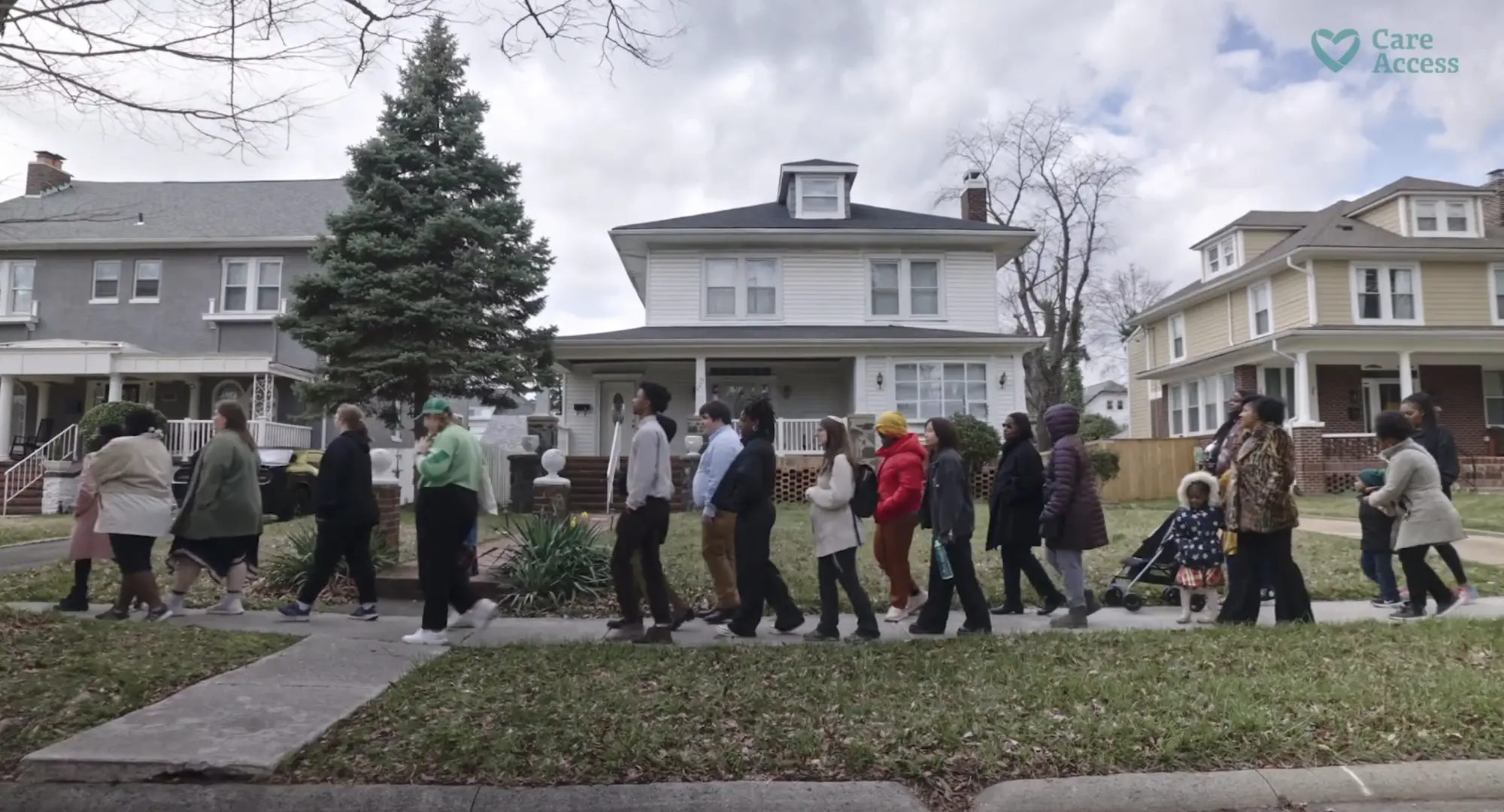Back to Health Resources
These Popular Diabetes and Weight Loss Medicines Have Been Around for Decades. So Why Are They Still Being Studied?

GLP-1 agonists have become popular treatments for type 2 diabetes and weight loss. Agonists are a type of medication that mimics the actions of naturally occurring substances in the body. These medications, commonly known by brand names like Ozempic and Mounjaro, help control blood sugar and appetite. Along with lifestyle changes, these therapies help manage diabetes and obesity by:
- Helping the body release insulin which moves sugar from the blood to the cells to be used for energy
- Stopping blood sugar spikes by reducing the release of a hormone that raises blood sugar
- Slowing digestion so people feel full longer and are less likely to overeat
Though GLP-1 agonists were first approved by the FDA in 2005, they are still being studied. Why? Here are four top reasons.

1 | To make current medications work better
GLP-1s can be effective in mitigating and managing type 2 diabetes and weight loss when the person taking them also makes positive lifestyle changes like consistently exercising and eating healthier. However, more research is needed to increase the effectiveness of these medicines.
“With GLP-1 agonists, we want to help stop spikes of sugar release,” said Dr. Brad Lipson, a family medicine doctor and research Principal Investigator with Care Access. “That would hopefully slow down the progression of type 2 diabetes. With research, we’re trying to get away from insulin treatment and move more toward GLP-1s.”

2 | To offer more options for how patients can take GLP-1 agonist medications
Right now, only one pill and a variety of injectable GLP-1 medicines are FDA-approved, so there's room for more options. "Different patients have different preferences," Dr. Lipson said. "People may be scared of needles so another option like a pill may be easier for them to use long-term. Most people will benefit from a treatment that can fit with their lifestyle, so there's ongoing research into widening the range of treatment options."

3 | To learn how GLP-1 agonists can help with other health problems
It's possible that GLP-1 therapies can also improve other health problems beyond diabetes and obesity such as kidney disease, and heart disease. For example, research has already shown that GLP-1 agonists can help slow chronic kidney disease and lower the risk of developing kidney failure, but the reasons are not fully known. Further study into other applications of GLP-1 therapies would help make managing health problems much easier overall.

4 | To see how GLP-1 agonists work with other medications
As new type 2 diabetes medications like GLP-1 agonists and dual or triple agonists are used by more patients, it's important to study how they work with other medications people may be taking for conditions like high cholesterol or high blood pressure. This research can show how safe such a multi-drug treatment is and how well it works. This helps doctors make sure they are choosing the right medications to work alongside each other.
CONTRIBUTING EXPERT

Brad Lipson, DO
Dr. Lipson is a board-certified Family Physician with 20 years of clinical experience. He serves as a Principal Investigator at various clinical research sites affiliated with Care Access, dedicated to advancing medical treatments in areas such as obesity and diabetes.
DISCLAIMER
The information provided on Care Access is intended for informational purposes only and should not be considered as a substitute for professional medical advice, diagnosis, or treatment. Always seek the advice of your physician or other qualified healthcare provider with any questions you may have regarding a medical condition. Our products and content are not intended to diagnose, treat, cure, or prevent any disease.
Explore More Health Resources

STORIES from the Heart


